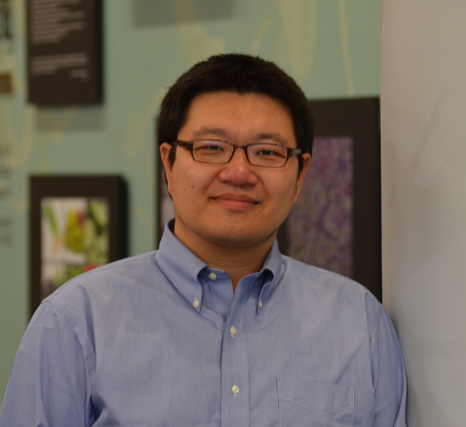
Overview
Dr. Yang is currently an Associate Professor at The Department of Urology, Northwestern University. The focus of Dr. Yang’s research is bioinformatics, with an emphasis on genomic technologies. Dr. Yang has broad training in the computational sciences, honed during his undergraduate, graduate and postdoctoral years. As a doctoral student at China Agricultural University, Dr. Yang developed two statistical models, ARSER and LSPR, to detect periodically expressed transcripts from evenly or unevenly sampled temporal microarray gene expression profiles, respectively. ARSER is currently one of the most widely used algorithm in circadian rhythm field for rhythmic gene expression analysis.
Dr. Yang’s research on genomics in human diseases started when he did his postdoctoral training with Drs. Zhaohui Qin and Tianwei Yu in the Department of Biostatistics and Bioinformatics at Emory University. In this position, Dr. Yang was the collaborative interface between Dr. Qin’s lab and Dr. Arul Chinnaiyan’s lab at the University of Michigan, driving the bioinformatics analyses for high-profile prostate cancer publications (Asangani et al., Nature, 2014; Cao et al., Nature communications, 2014).
Working with collaborators at University of Minnesota (UMN), Dr. Yang developed novel algorithms for detecting clinically relevant insertions/deletions (Yang et al., Genome Medicine, 2015), structural variations (Li et al., Nature communications, 2015) and RNA splicing variants (Kohli et al., Clinical Cancer Research, 2017) when Dr. Yang worked as a bioinformatics research scientist at the Supercomputing Institute of UMN and assistant professor at the Hormel Institute of UMN.
The Yang Lab at NU has been supported by continuous extramural funding from national agencies and private foundations to identify novel DNA and RNA alterations in cancer genome and transcriptome, including algorithms design on next-generation sequencing technologies, developing machine learning approach to identify predictors associated with disease outcomes, and collaborative research on cancer biomarkers discovery and cancer epigenomics.
Education
- Postdoctoral Research Associate, Emory University (2011-2014)
- PhD in Bioinformatics, China Agricultural University (2006-2011)
- BSc in Computer Science, China Agricultural University (2002-2006)